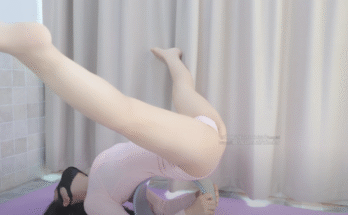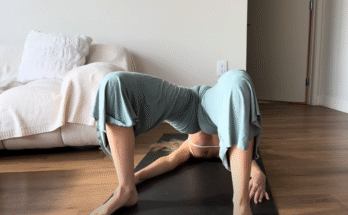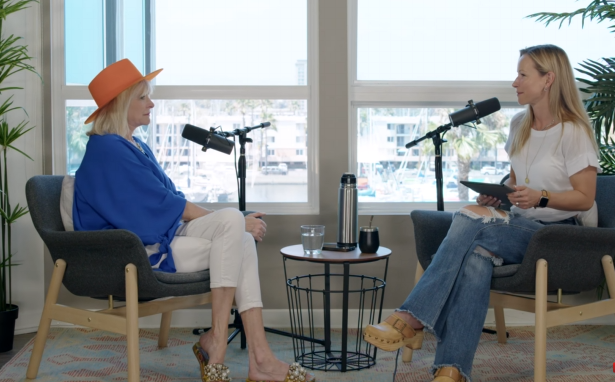
Confidence isn’t something we’re born with or without—it’s something we can build. That’s the empowering message Marisa Peer, world-renowned therapist and best-selling author, has shared with millions around the world. Known for her method called Rapid Transformational Therapy (RTT), Marisa teaches that the power to create lasting self-belief lies within the mind. In this article, we’ll explore how you can harness your mind to create a high level of confidence, drawing on her key teachings and practical tools that truly work.
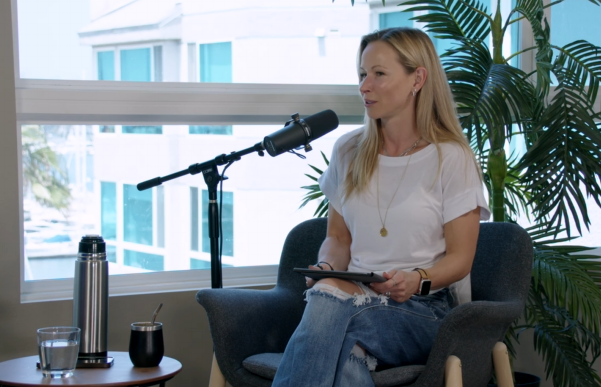
1. Understand the Mind’s Programming Power
According to Marisa Peer, the mind does what it thinks you want it to do. This seemingly simple idea is profound: your subconscious is constantly taking instructions from your thoughts and beliefs. If you repeatedly tell yourself, “I’m not good enough,” your mind accepts that as truth. If you say, “I always fail,” your mind creates behavior to align with that belief.
To begin building confidence, you must become aware of your inner dialogue. Start noticing the words you say to yourself—especially in moments of challenge, stress, or insecurity. Marisa emphasizes that changing your language changes your life. Replace negative statements with empowering ones. Instead of saying “I’m terrible at this,” say “I’m learning and improving every day.”
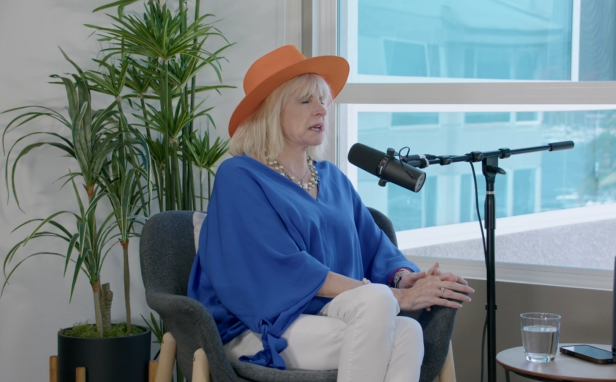
2. Use the “I Am Enough” Mantra
One of Marisa Peer’s most famous teachings is centered around the simple but powerful phrase: “I am enough.”
Why is this so effective? Because most confidence issues stem from a deep-seated belief that we are not enough—not smart enough, attractive enough, successful enough. Marisa believes that when you repeat the affirmation “I am enough” daily, you rewrite old limiting beliefs and give your subconscious a new, empowering instruction.
Here’s how to incorporate it:
- Write “I am enough” on your mirror with lipstick or a sticky note.
- Set a daily reminder on your phone.
- Repeat it aloud with conviction, especially in front of the mirror.
- Write it in your journal every morning and evening.
Over time, this simple affirmation begins to override years of negative self-talk, creating a strong foundation of self-worth.
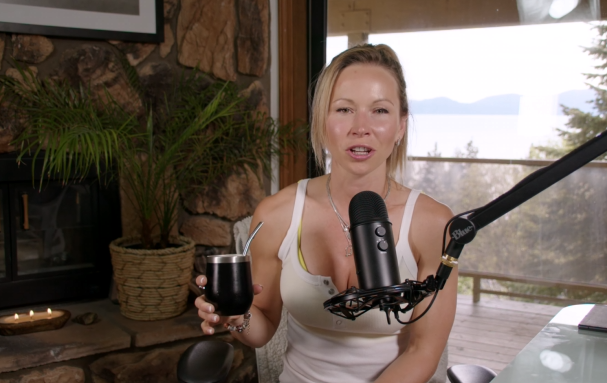
3. Visualize with Intention
Visualization is a key mental tool Marisa teaches. But instead of vague daydreaming, she advocates for purposeful visualization that convinces your mind the success you seek is already yours.
Marisa explains: “Your mind responds to the pictures and words you give it.” When you imagine yourself speaking confidently, walking tall, or succeeding at a goal, your mind begins to create neural pathways that mirror that image.
Try this:
- Close your eyes and see yourself in a high-confidence moment—giving a speech, acing an interview, or standing up for yourself.
- Engage all your senses. How do you feel? What are you wearing? What do you hear others saying about you?
- Practice this mental movie every day for 5–10 minutes.
This technique trains your brain to normalize success and confidence, reducing anxiety and self-doubt over time.
4. Challenge and Reframe Limiting Beliefs
Marisa Peer teaches that beliefs are not facts—they are just thoughts you keep thinking. This means you have the power to challenge, rewrite, and replace any belief that doesn’t serve you.
Here’s a practical process:
- Identify the belief – What’s the negative belief holding you back? (“I always mess up in social situations.”)
- Ask: Is this true? – Most often, the answer is no. You may have messed up once or twice, but it’s not a universal truth.
- Reframe it – Choose a better belief. (“Sometimes I feel nervous, but I’m learning to enjoy connecting with people.”)
- Repeat it – Use repetition to reinforce the new belief. Your brain needs evidence, so speak, think, and act from this new perspective.
When you change your beliefs, your behavior and results naturally follow.
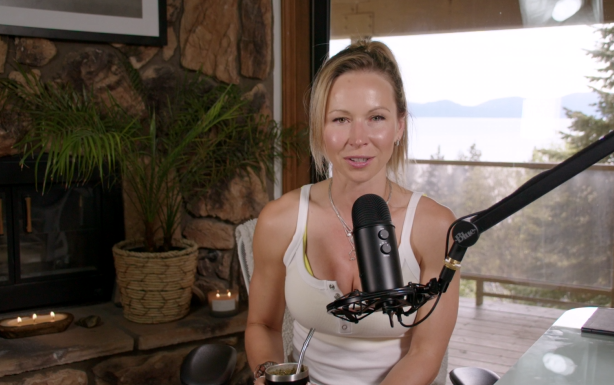
5. Act “As If”
Another powerful Marisa Peer principle is to act as if you already have the confidence you desire. This isn’t about being fake or pretending—it’s about using behavior to reshape your identity.
Research backs this up: when you smile, even if you don’t feel happy, your brain starts to release feel-good chemicals. Similarly, when you carry yourself with confidence, your mind begins to believe it.
Try this today:
- Walk with purpose. Straighten your spine and hold your head high.
- Speak more slowly and clearly.
- Dress in a way that makes you feel powerful.
- Make eye contact and take up space in the room.
Over time, these actions build internal evidence that you are confident—and your mind follows suit.
6. Heal the Inner Child
Marisa Peer often speaks about how many confidence issues stem from childhood wounds—moments when we were criticized, rejected, or compared to others. These early experiences can shape our self-image for years.
RTT (Rapid Transformational Therapy) often involves going back to the root memory and reframing it with compassion. While working with a therapist is ideal, you can also begin healing on your own by doing this exercise:
- Write a letter to your younger self. Acknowledge the pain, the misunderstandings, and the loneliness they may have felt.
- Tell them what you now know: that they are lovable, worthy, and safe.
- Imagine giving them a hug and telling them: “You are enough. You’ve always been enough.”
This emotional healing unlocks a deeper sense of confidence—not one based on achievements, but on self-acceptance.

7. Feed Your Mind with Empowering Messages
Marisa encourages surrounding yourself with positive input to strengthen your mental programming. This includes:
- Listening to affirmations while you sleep.
- Reading self-help books and listening to inspiring podcasts.
- Watching your internal self-talk and interrupting any critical patterns.
You become what you repeatedly hear and see. So, make sure you’re feeding your mind with messages that uplift and support you.
8. Celebrate Progress, Not Perfection
Perfectionism is the enemy of confidence. Many people never feel confident because they’re always chasing an impossible standard. Marisa Peer teaches that progress builds confidence—not perfection.
Start tracking your wins, no matter how small. Did you speak up in a meeting? Celebrate it. Did you say no to something you didn’t want to do? That’s huge.
Keep a “confidence journal” and write down three wins each day. Over time, you’ll build an undeniable case that you are growing, and growth is the ultimate confidence booster.
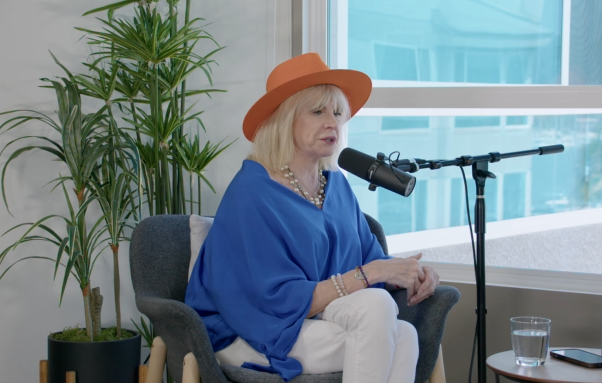
Final Thoughts: Confidence Is a Skill, Not a Gift
Marisa Peer’s work reveals a crucial truth: confidence isn’t something you either have or don’t—it’s a skill you develop. With the right mental strategies and emotional healing, anyone can become confident. You don’t need to wait until you lose weight, get a promotion, or become “perfect.” You can begin building your confidence right now, with the mind you already have.
Use her tools—I am enough, visualization, belief reframing, inner child healing—and you’ll discover that confidence was never missing. It was just waiting for you to uncover it.

